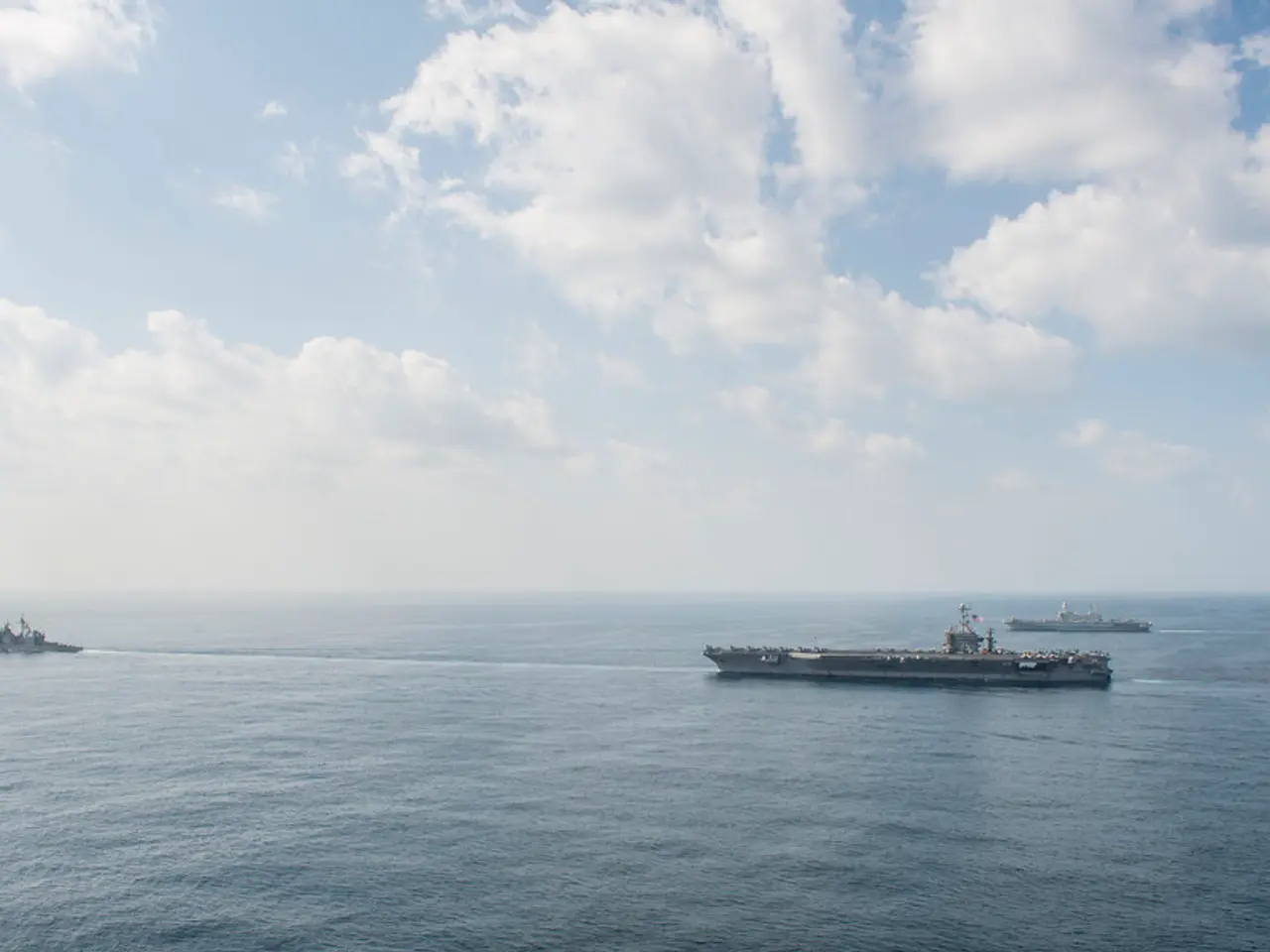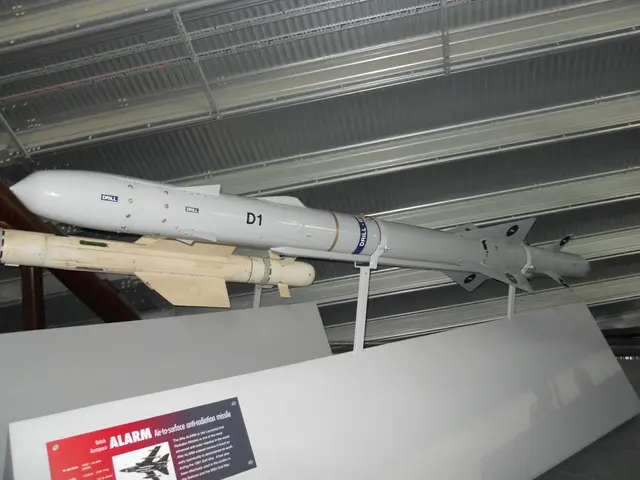China Acknowledges Orbital Congestion, Averts First NASA Collision
China has raised alarm about the growing problem of orbital congestion and debris in low Earth orbit (LEO), stressing its international significance. This comes as the country's space agency reached out to NASA for the first time to avert a potential collision in space.
In a significant development, China has acknowledged the pressing issue of orbital congestion and debris, urging international cooperation to tackle it. This recognition follows a 2007 anti-satellite weapons test conducted by China, which resulted in over 3,000 pieces of trackable debris.
NASA, in response, is developing a system called TraCSS (Trajectory Collaboration and Conjunction Assessment System) to monitor spacecraft in orbit and prevent potential collisions. The effectiveness of TraCSS relies heavily on the data fed into it, including information from China and other spacefaring nations.
In a recent incident, China requested NASA to hold its position while Beijing maneuvered its own assets to avoid a collision. This marks the first time China has contacted NASA for such a purpose.
China's space initiative, aiming to rival SpaceX's Starlink, is focused on creating a satellite internet network. Alongside this, China has implemented measures to reduce congestion and debris risk in LEO. These include enhanced satellite maneuvering capabilities, space traffic management regulations, and international cooperation efforts to mitigate space debris.
China's recognition of orbital congestion and debris as an international issue is a step towards collaborative space management. NASA's TraCSS system, dependent on global data sharing, could benefit from China's participation. Both nations' efforts to avoid collisions and manage space traffic signal a maturing understanding of the shared responsibility in maintaining a safe and sustainable space environment.
Read also:
- India's First Indigenous Nuclear Submarine Fires Ballistic Missile
- Middle Eastern airports strive for modernization and environmental friendliness, with Dabico gazing upward at their progressive initiatives.
- Spacecoin Makes History With First-Ever Space Blockchain Transaction
- GE Aerospace's ATLAS System Reaches Supersonic Speeds in Flight Tests








